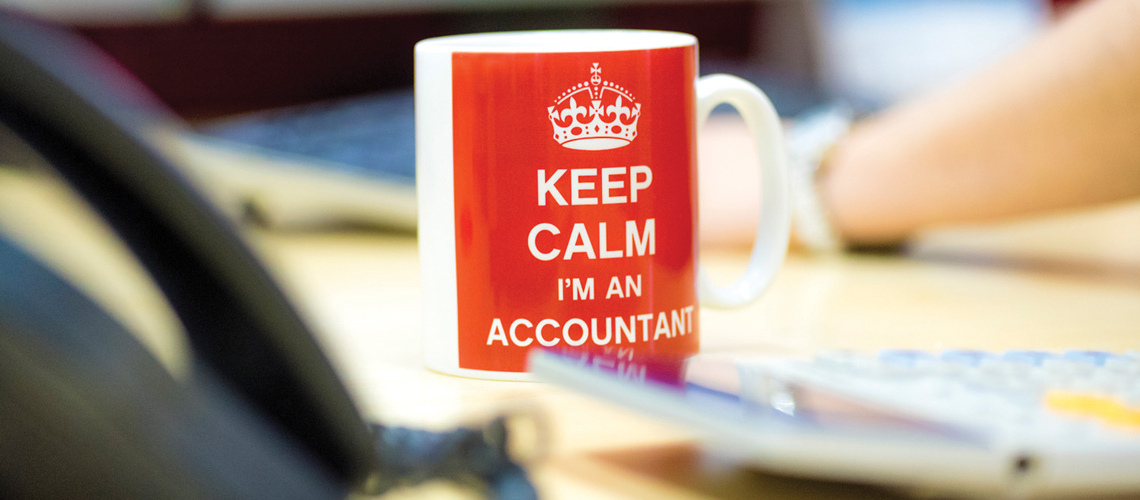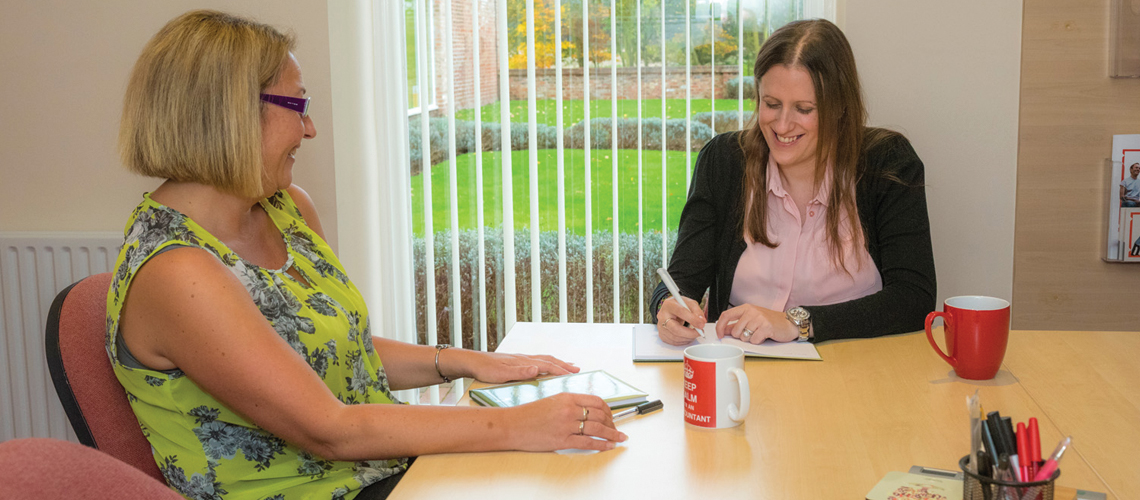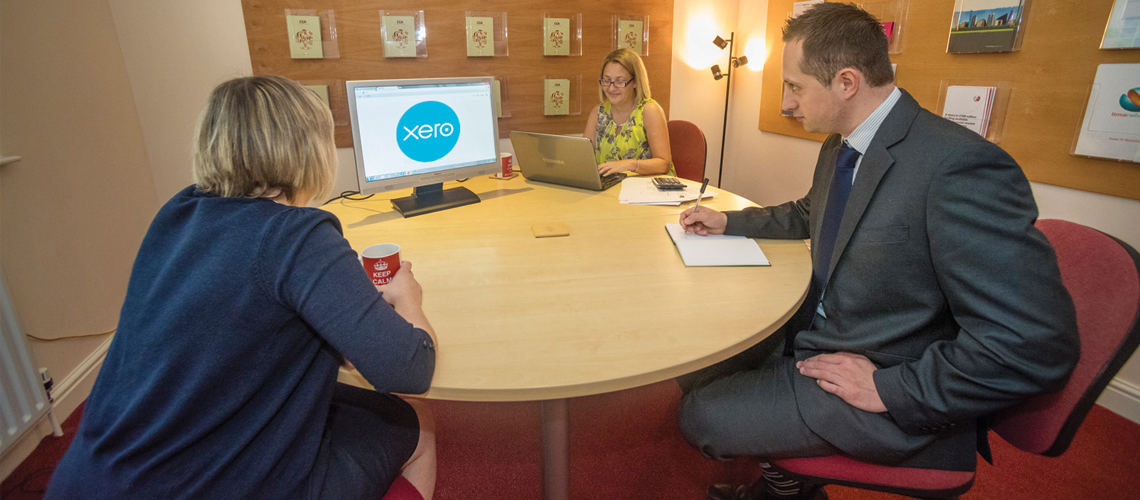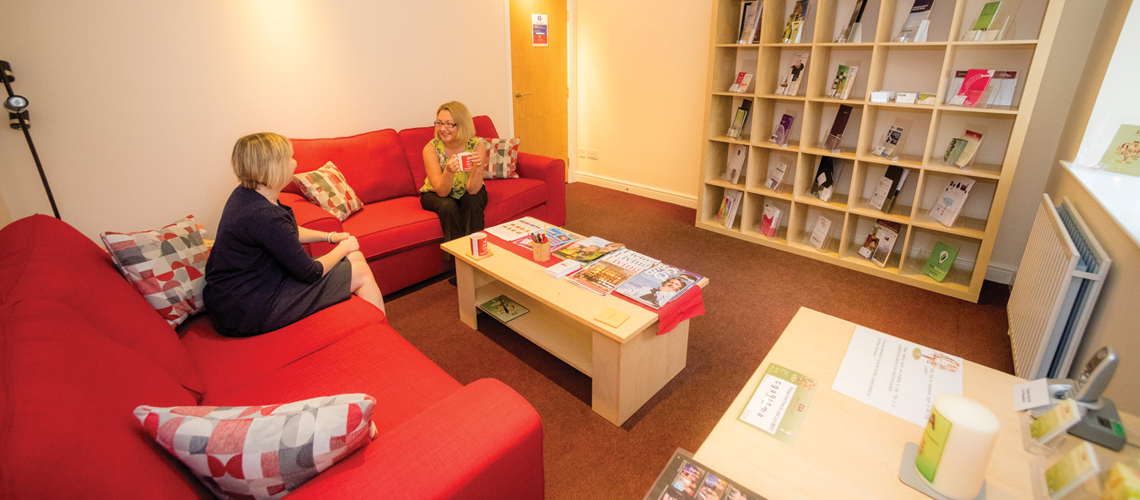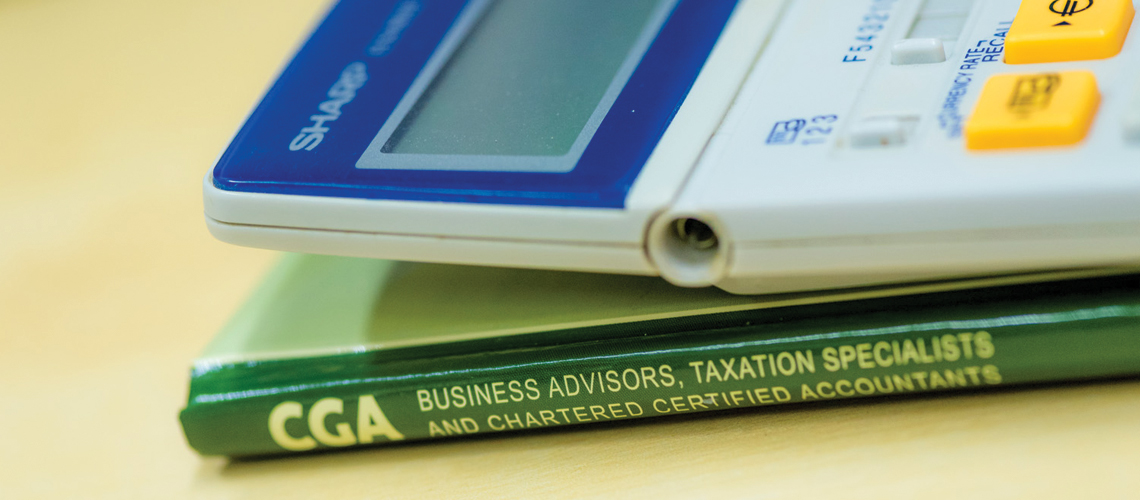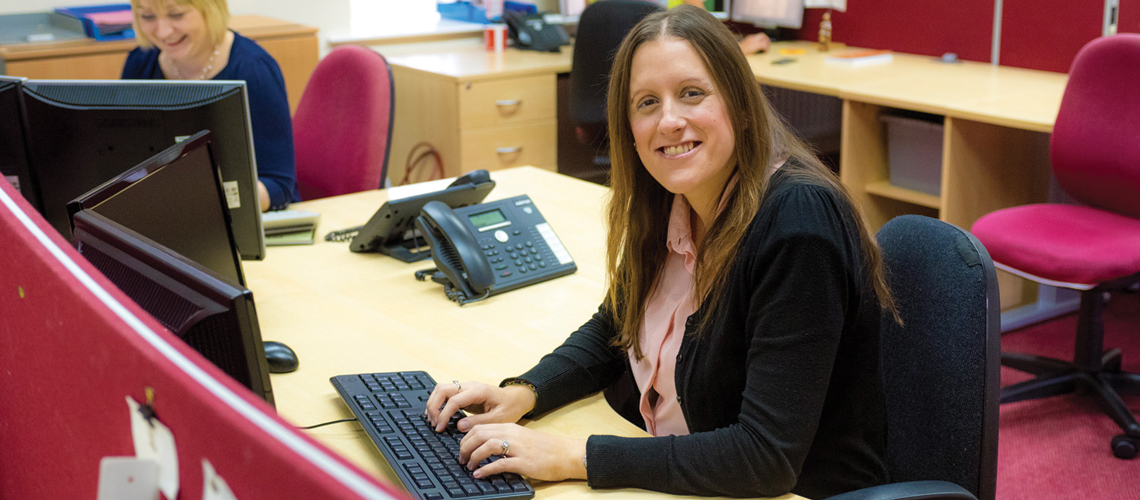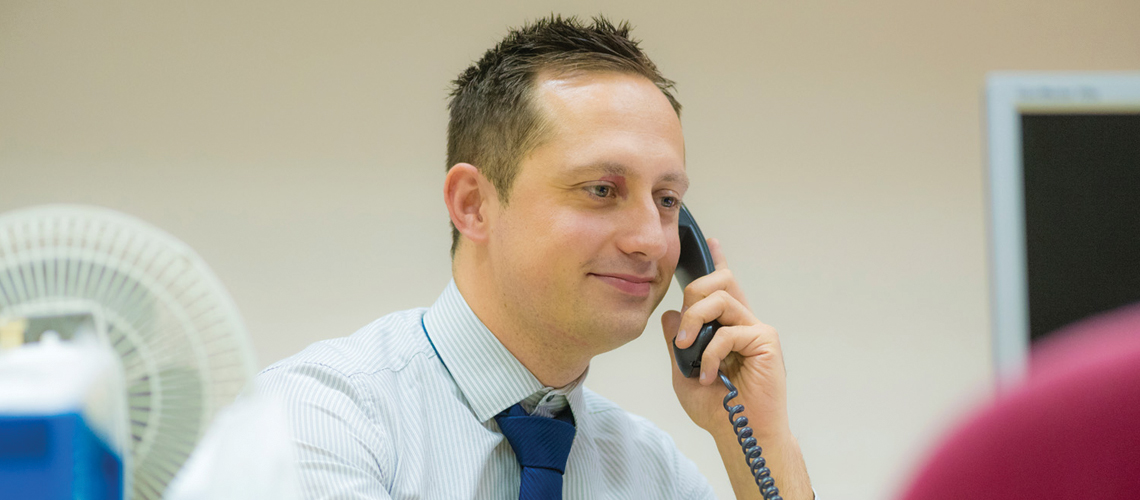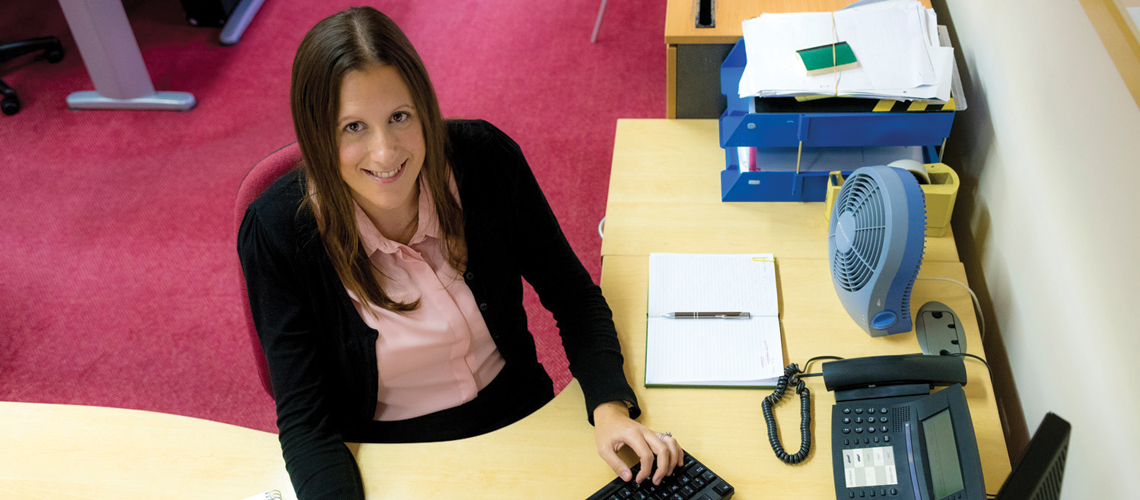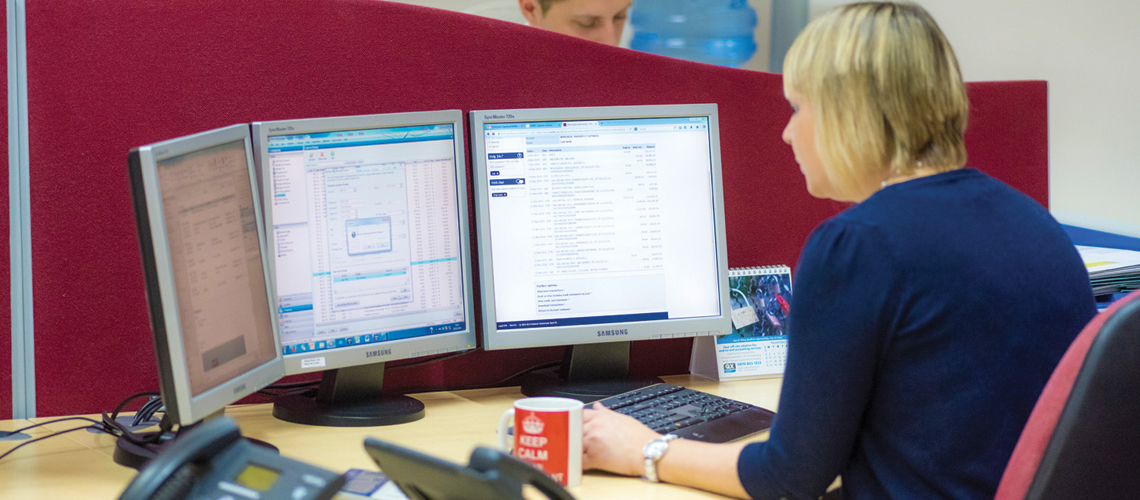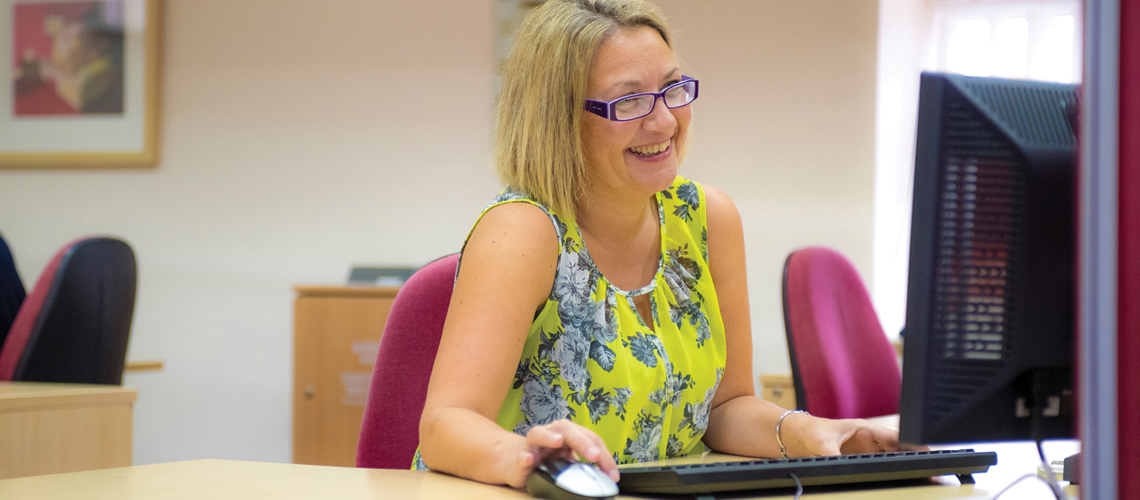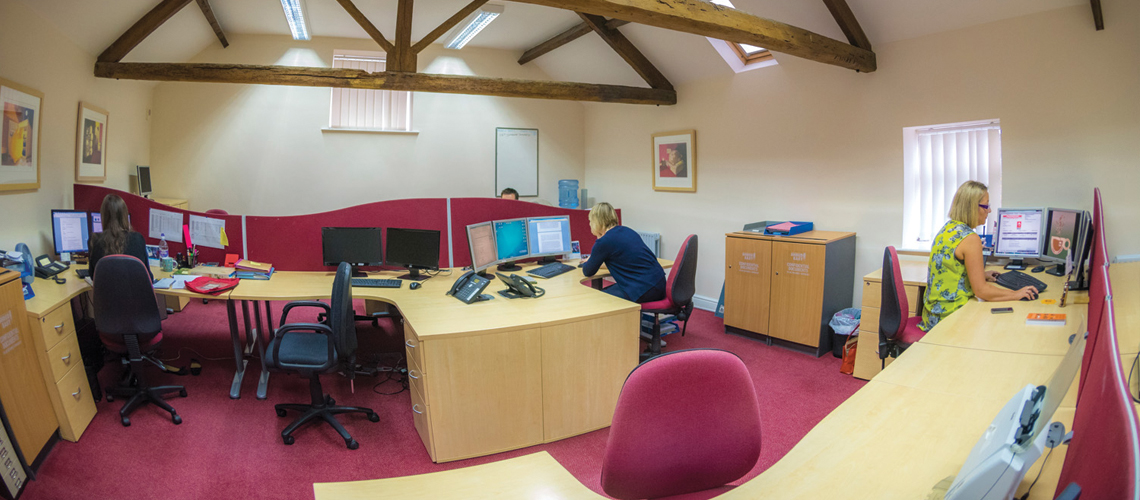We will bring forward legislation to allow small- and medium-sized businesses and employers to reclaim Statutory Sick Pay (SSP) paid for sickness absence due to COVID-19. The eligibility criteria for the scheme will be as follows:
GOV.UK Guidance
• this refund will cover up to 2 weeks’ SSP per eligible employee who has been off work because of COVID-19
• employers with fewer than 250 employees will be eligible – the size of an employer will be determined by the number of people they employed as of 28 February 2020
• employers will be able to reclaim expenditure for any employee who has claimed SSP (according to the new eligibility criteria) as a result of COVID-19
• employers should maintain records of staff absences and payments of SSP, but employees will not need to provide a GP fit note
• eligible period for the scheme will commence the day after the regulations on the extension of Statutory Sick Pay to those staying at home comes into force
• the government will work with employers over the coming months to set up the repayment mechanism for employers as soon as possible
COVID-19: support for businesses
CGA have added a bit more detail to the above info taken from the Gov.UK website in respect of SSP and those who are self-employed or paid under the lower earnings limit and therefore not entitled to SSP
Sick Pay Entitlement
Statutory Sick Pay (SSP) is the minimum entitlement and is available to all employees who earn at least £118 per week (length of time employed is not applicable).
SSP is paid at a rate of £94.25 per week for up to 28 weeks.
Waiting days have been temporarily suspended – SSP will therefore be payable from the first day of sickness (rather than from day 4).
The Government will reimburse small businesses (those who have less than 250 employees) any Statutory Sick Pay (SSP) they have to pay to their workers for the first 14 days of illness.
These provisions relate to employees who have been diagnosed with COVID-19 and also cover those that self-isolating under written notice from either a GP or NHS 111.
We don’t have any information as to whether SSP will be extended to any future forced coronavirus lockdown.
Processing and claiming
In your payroll software process SSP as you would do normally so that this is clearly recorded – guidance will be found in your payroll software.
If you are paying employees an enhanced sick pay amount, add this as usual so that the gross pay is the required amount – but the SSP and enhanced amounts are recorded separately.
While existing systems are not designed to facilitate such employer refunds for SSP, the government will work with employers over the coming months to set up a repayment mechanism for employers as soon as possible. It may be that
Self-employed or paid under the Lower Earnings Limit and not entitled to SSP.
The government recognises that self-employed people and employees below the Lower Earnings Limit are not entitled to SSP.
The recent Budget announced further support by making it quicker and easier to receive benefits:
- A ‘new style’ Employment and Support Allowance will be payable for people directly affected by COVID-19 or self-isolating according to government advice for from the first day of sickness, rather than the eighth day
- People will be able to claim Universal Credit and access advance payments where they are directly affected by COVID-19 (or self-isolating), without the current requirement to attend a jobcentre
- For the duration of the outbreak, the requirements of the minimum income floor in Universal Credit will be temporarily relaxed for those directly affected by COVID-19 or self-isolating according to government advice for the duration of the outbreak, ensuring self-employed claimants will be compensated for losses in income.
- For further advice you should contact Jobcentre Plus Telephone: 0800 169 0350





